photography by Albert Yee
by Constance Garcia-Barrio
Richard “Ram” Ramson knows Philly’s streets as few do because he’s lived on them. Behind most homeless people lie secrets, according to the native Philadelphian.
“Most of us have suffered trauma that we don’t talk about,” he says. Having faced housing insecurity since age 10, Ram, now 40, signed a lease in June for the first time in his life.
Ram and his 21-month-old daughter, Symphony, moved into their apartment thanks to a partnership between the philanthropic arm of Berger Rental Communities and One Step Away, a magazine sold by homeless vendors through a program by Resources for Human Development, a national human services nonprofit group.
“I’ve been selling One Step Away since 2012,” Ram says. “I’m grateful they put a roof over our heads.”
Trauma came early for Ram. “My mother was a drug addict and my father was [an] alcoholic,” he says. “An aunt living in the Southwark projects took me in. Things went well until a neighbor introduced her to crack.”
Eventually neglected by his aunt, Ram began breaking into cars at age 10 for change to play video games. “I came to the attention of DHS [Department of Human Services] when I got locked up,” he says.
Ram bounced around to different facilities, including Carson Valley School (now Carson Valley Children’s Aid).
“I was living at a group home in Norristown when a staff member in her 30s abused me,” he says. “It was my first sexual experience. I didn’t tell anyone.” Ram didn’t talk about what happened until years later, but the effects of abuse and neglect shaped his life. “You can’t put a Band-Aid on trauma,” he continues. “The wounds are too deep. They put you at risk for homelessness and illness.”
Ram remained with DHS for eight years. “During that time, my father visited me once,” he says.
As a young man, Ram was convicted of breaking and entering. When he failed to pay court-ordered restitution, he was put in jail for a month. Incarceration had one positive result, though.
“You sit down and think about how you came to be behind bars,” he says. “Jail can be a time of growth—look at Nelson Mandela and Martin Luther King, Jr. I began writing in jail.”
Ram is now a poet, rapper and actor in local plays. “I got out of jail in the spring of 2003, and I did my first open mic at Little Jamaica [a restaurant] in Germantown.”
Between 2003 and 2012, when he began selling One Step Away, Ram worked as a dishwasher at the Children’s Hospital of Philadelphia, in the seafood department at Whole Foods on South Street and in T-shirt order fulfillment at Amazon.
“I mean to support myself,” he says.
One Step Away opened avenues for him. “I saw guys on the street selling the paper, and I asked how to become a vendor,” says Ram, who sells the paper near Weavers Way Co-op in Chestnut Hill. Contact with the public led to fruitful conversations for Ram, a natural-born talker who does occasional gigs as an emcee. “I got paid speaking engagements at St. Joseph’s University in classes studying homelessness and social issues. I also did substitute teaching in the after-school program at Friends Select.”
In time, he ventured into new terrain. He started making bracelets and necklaces, and became a vendor at a September fashion show at MaKen Studios, a repurposed industrial site.
“My jewelry … attracts good vibes into people’s lives,” he says. “It helps them on their journey.”
But Ram still didn’t have a place of his own. Sometimes he stayed with family or friends; other times he stayed in rented rooms or homeless shelters like Our Brothers’ Place, Station House or One Day at a Time.
“I could make you a list,” he says. “At one point, I lived directly on the street for 20 days. Food wasn’t a problem since I was making money selling the newspaper, but you had to sleep with one eye open because you never knew what was going to happen. You didn’t want people stealing your belongings, and you had to deal with the weather.”
A turning point came when Ram learned about a gathering organized by Inner Journeys, a healing center that “uses the Natural Laws of Healing to provide tools and techniques for transformation through energy healing and personal growth,” according to its Facebook page. “When I heard about Inner Journeys from two friends on the same day, I knew I had to go,” says Ram, who still attends sessions at Inner Journeys. “Over time, [therapists] Kathy [Morris] and Sheila [Quarles] worked with me and made me realize that I had to take responsibility for my life. I got to the point where I opened up about trauma. I let go of my secrets.”
“Ram’s willingness to show up showed his commitment and determination to heal,” says Quarles, a Reiki master and partner at Inner Journeys.
Inner Journeys changed Ram’s outlook, and he also wanted more stability after his daughter, Symphony, was born. “Children need a stable base,” he says. “An environment where they can thrive.”
Going forward, Ram would like to establish his jewelry business and work as a motivational speaker. “I’ve persevered through rough times, and I want to talk about it,” he says. “Some people say that, with the life I’ve had, I should write a book. Maybe I will. I would also like to tour with the songs I compose. I’m on YouTube at Ram Riches.”
Ram also suggests simple ways to help homeless people: “You don’t necessarily have to give them money. Food, clothing and life skills—for example, how to save money—can make a big difference. Giving a homeless person a chance to earn money, the way we can by selling One Step Away, is another huge help.”
Resources at homeless shelters could also instill hope. “Peer support—guidance from someone who’s lived on the street and then found a home—can make a difference,” Ram says. “Sometimes just having someone listen to you with real attention can help. Maybe people could do that: volunteer as listeners at shelters.”
Ram offers a few final words of advice: “If you see someone living on the street, you’re looking at trauma. Be compassionate.”

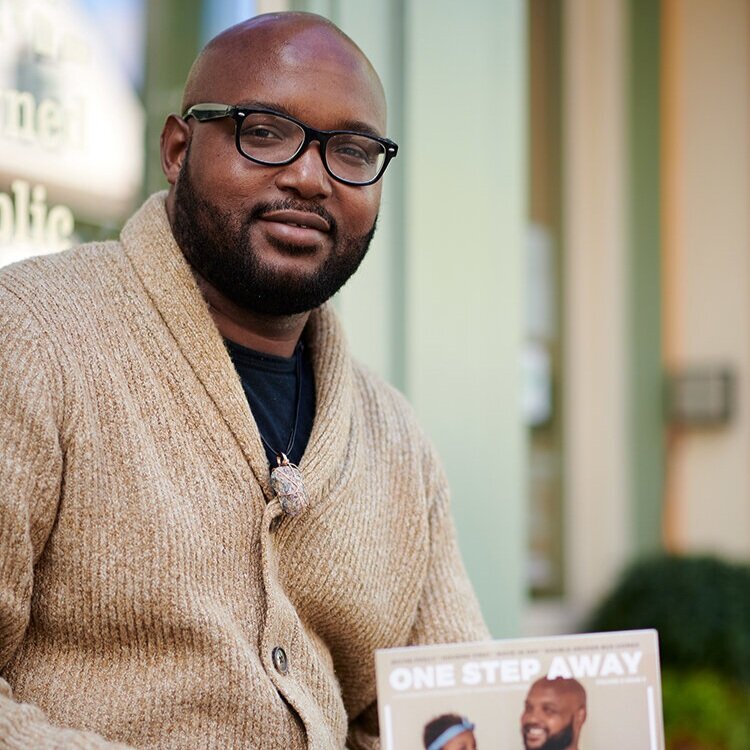
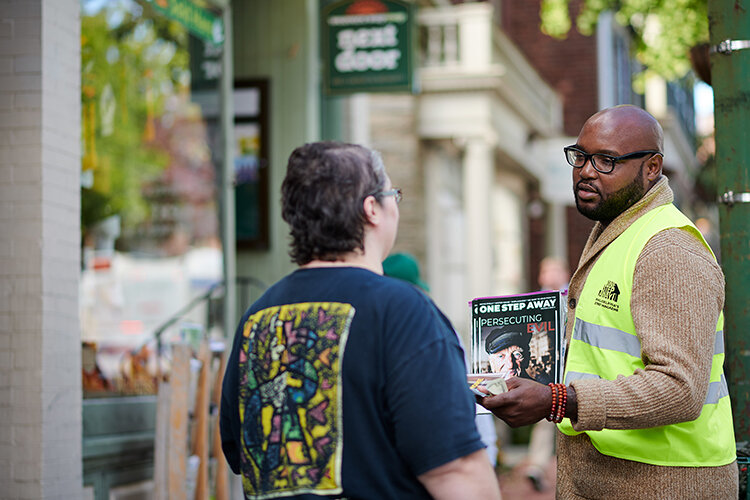
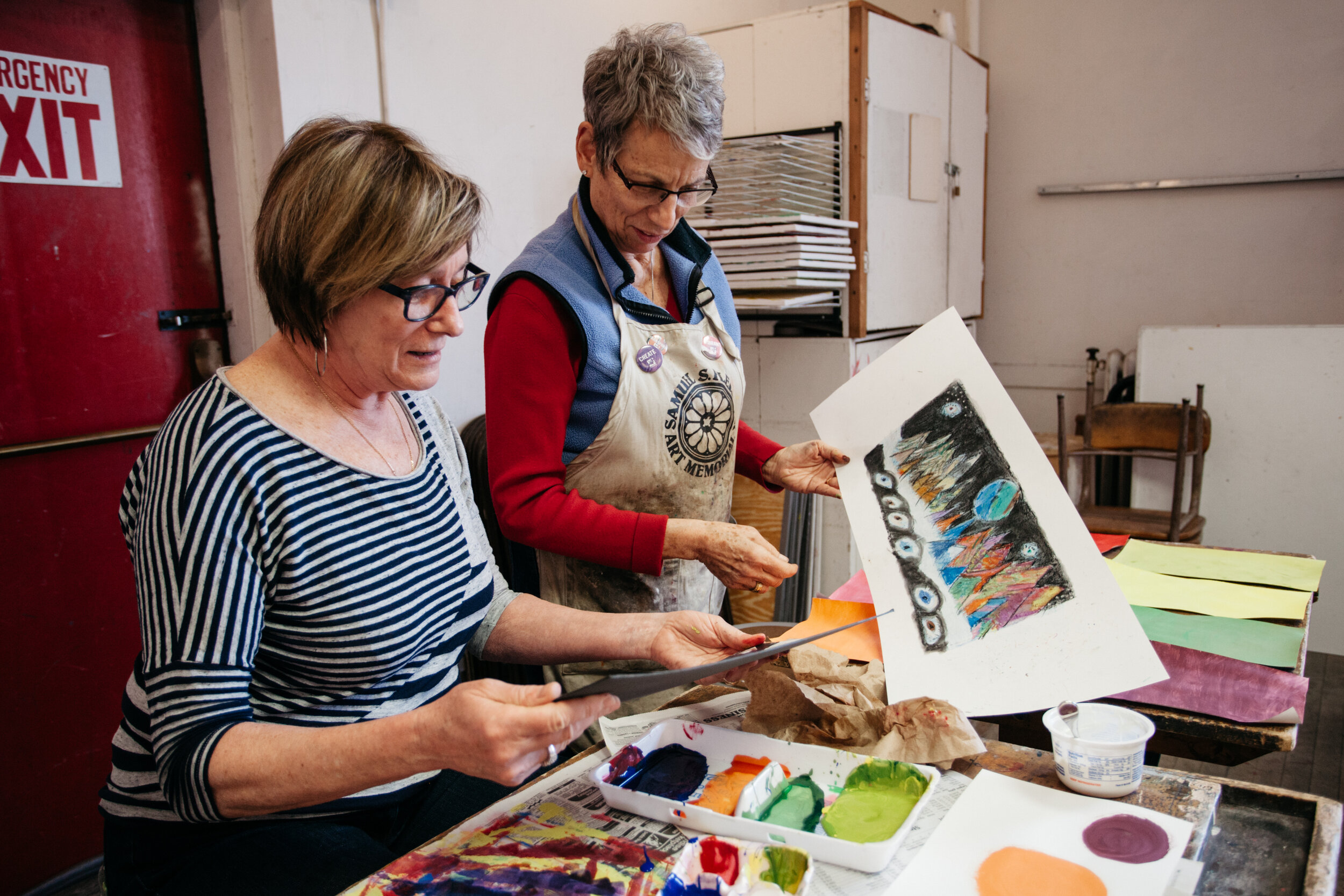

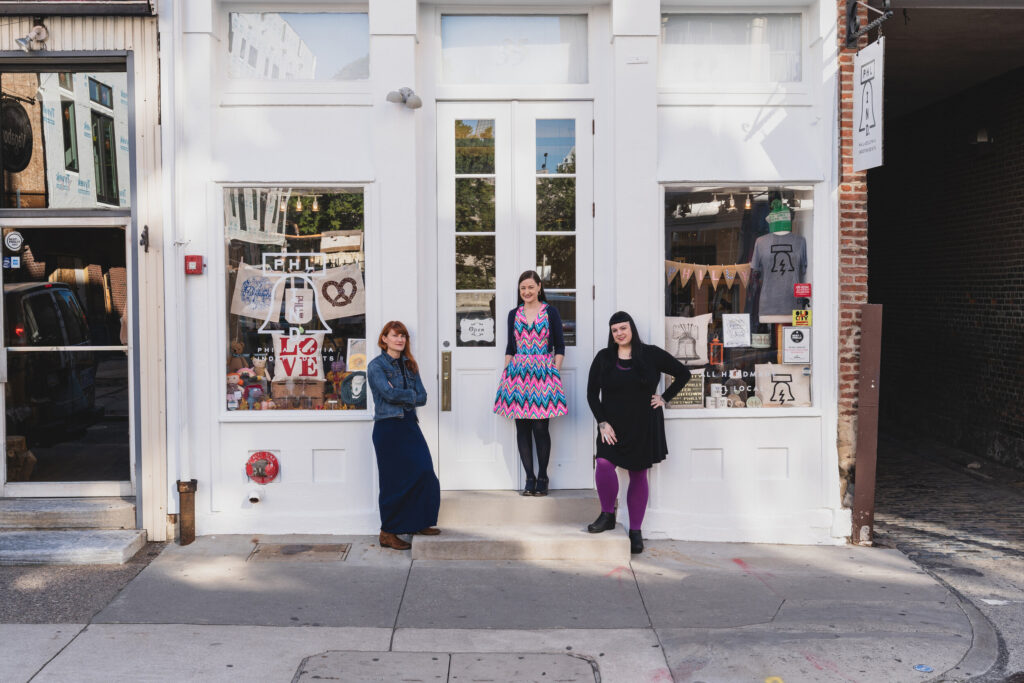
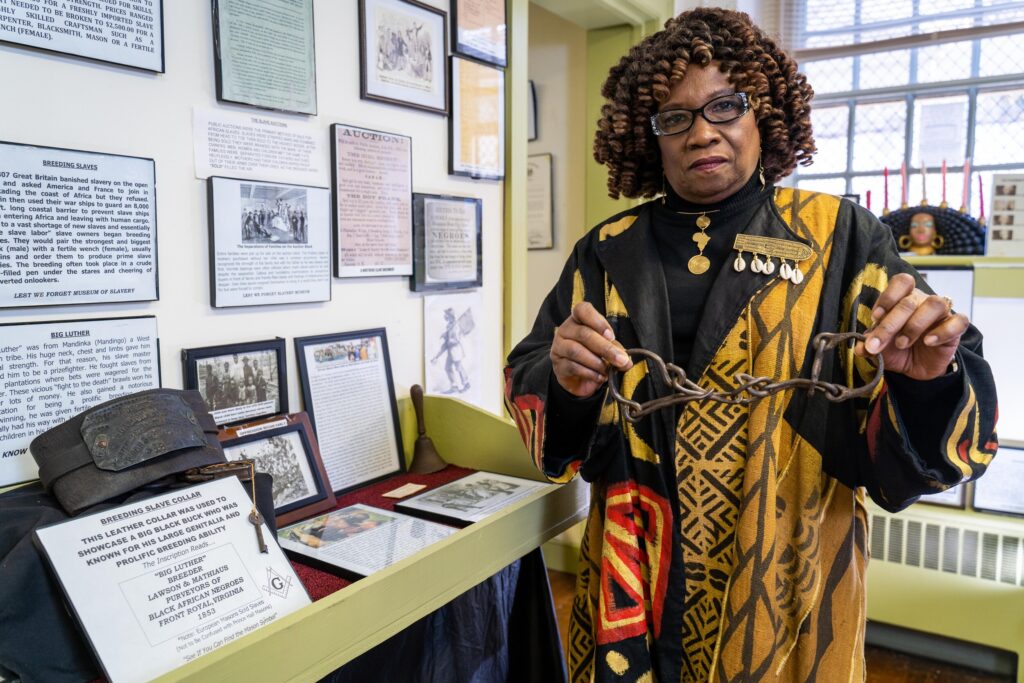

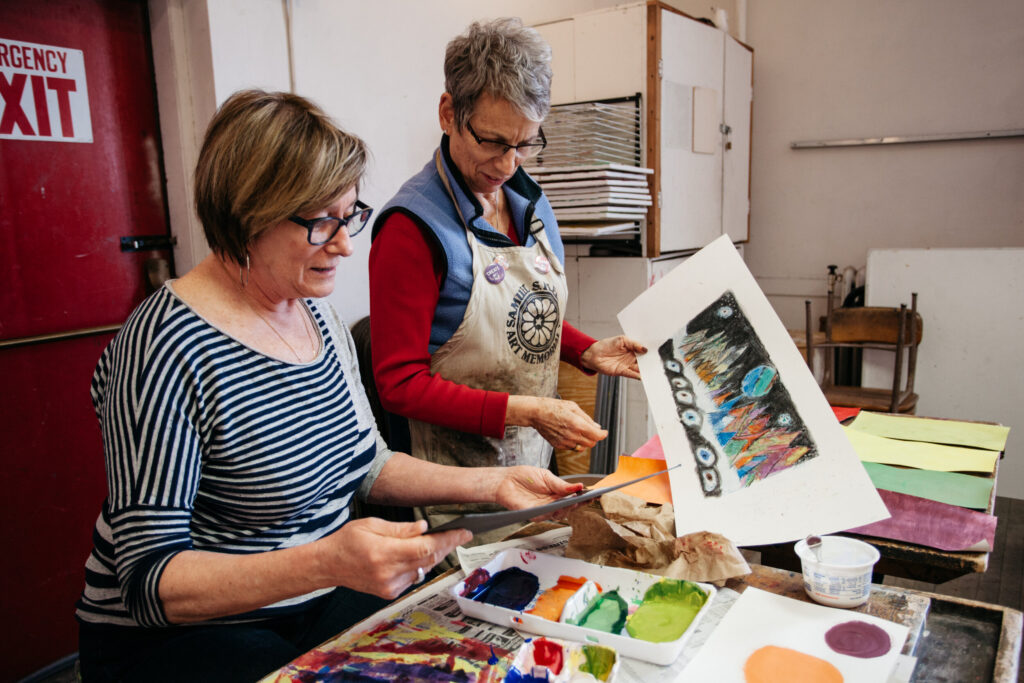

Where can we check out Ram’s jewelry?